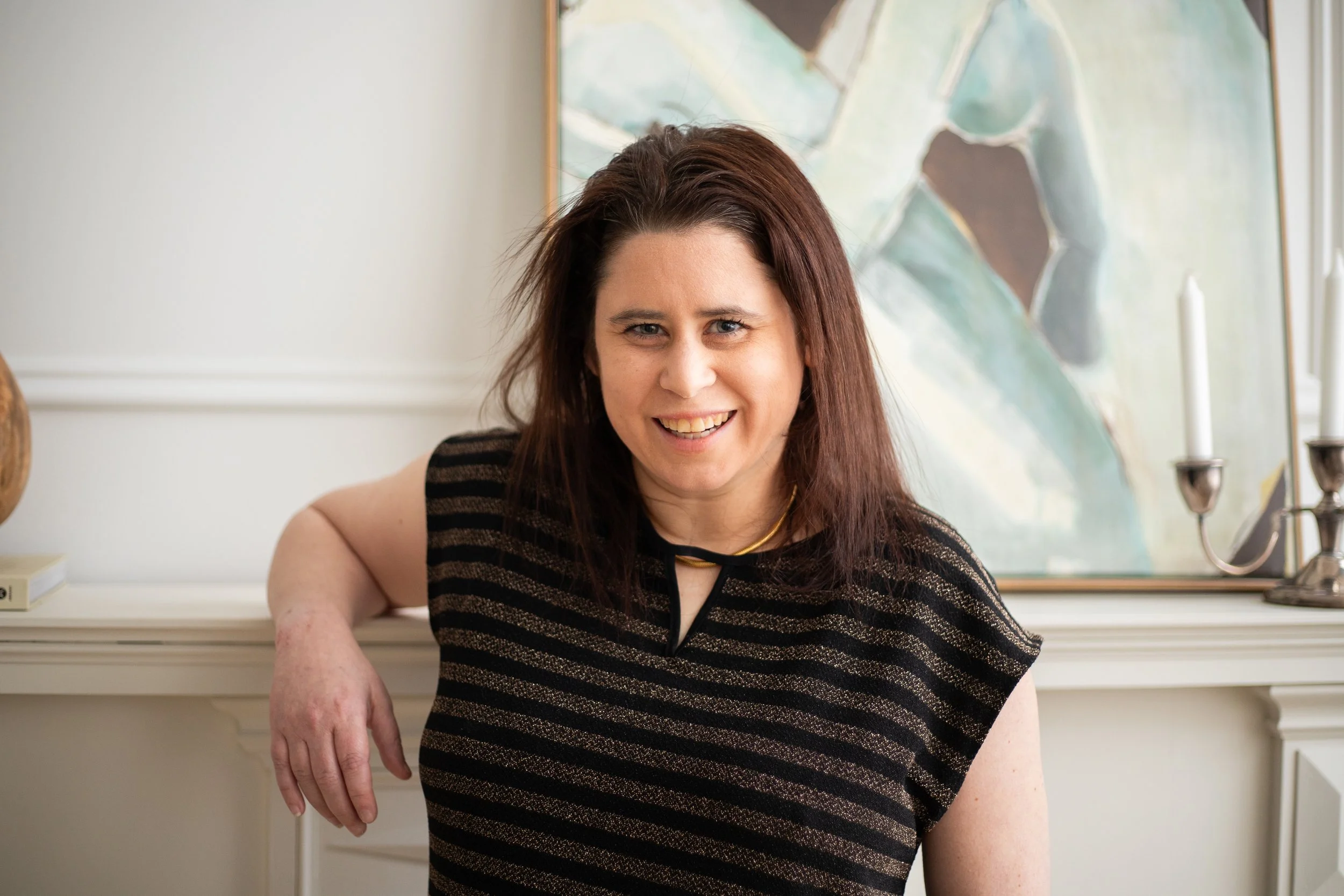An ADHD coach helps clients address personal, social, and occupational obstacles encountered due to ADHD symptoms.
Improve specific areas of your life
Staying organized
This encompasses the importance of setting priorities, awareness of time, maintaining an organized work or home space, and recognizing when there will be a challenge and how to approach it best.
Keeping on track
Goal setting, problem-solving, sustaining a space where you are motivated, being persistent, and staying persistent
Managing emotions
Build self-esteem and confidence, strengthen impulse control, and adaptively address stress.
Improving relationships
Fostering your communication skills to create and maintain healthy relationships with your friends, family, partner, or colleagues.
Objective:
The programs are designed to support the real ways ADHD shows up—emotion, focus, energy, direction. Grounded in psychological insight and lived experience, each track helps you build sustainable systems and habits that match your mind’s natural rhythm, not fight against it.
Adaptive ADHD Coaching: Built Around Your Life
This is personalized ADHD coaching designed to meet you exactly where you are. Instead of focusing on a single issue, we work with your real-life challenges — whether that’s overwhelm, inconsistency, burnout, or feeling capable but stuck. Together, we build practical systems and sustainable strategies that align with your energy, goals, and nervous system. The focus adapts to you. The structure supports you.
What we may work on:
Reducing overwhelm and mental clutter
Building realistic routines that actually stick
Strengthening executive functioning skills
Improving follow-through and consistency
Managing burnout cycles
Rebuilding self-trust and confidence
Clarifying priorities and decision-making
Navigating life transitions with steadiness
Creating accountability that feels supportive, not rigid
Designing systems tailored to your brain
FAQs about ADHD Coaching
-
I begin with an approximately 20-minute complimentary consultation. In this session, we establish the potential for a partnership, followed by a 60–90-minute Strategy and Planning Session. You can choose from different packages reflecting your goals and preferences to pursue coaching with me.
-
I coach people with and without ADHD. There are multiple reasons people seek coaching, irrespective of an ADHD diagnosis. Coaching can help clients overcome a myriad of life's challenges, and you don't need to have ADHD to deal with those.
-
The length and duration of coaching is dependent on the client's needs. Typically, there is at least a three-month commitment, and the average duration is 3-6 months. The central goal is to create change that will last. To accomplish this, we would make a solid foundation, focus on overcoming weaknesses with strengths, and provide the time to allow strategies to overcome executive dysfunctions to become ingrained.
-
My role is to promote self-awareness and create a space for meeting goals. But the purpose of coaching is yours, and I support you in that process. You possess both the map and compass, but I am here to help you navigate your way toward your goals.
-
]I will ask that you have an agenda before the session. This agenda can be a challenge or goal you would like to meet. The agenda can be simple to complex. Anything brought to light is accepted, but there should be an agenda. I will send you a "session preparation" form to journal 24 hours before each session.
-
Please alert me if you are running late to the session. If the session is missed, it will be at my discretion if there is a charge.
-
I am happy to receive emails and texts between sessions, but issues that have become more involved should be assigned more often for the session to work through adequately.
-
The payment is made before our meetings using any major credit or debit card through the PAYPAL invoice I will send to your email.
-
The session will be forfeited without a refund if I do not receive a payment.
-
Yes!
Mindfulness
Discovering focus wherever I go—enjoying a moment of mindfulness abroad, sipping coffee uniquely and unforgettably. I deliver this form of intentionality to my ADHD coaching sessions, helping others learn more about themselves and pave their unique path to navigating their worlds, promoting success and empowerment.
ADHD doesn't represent a wall without a door. Instead, it's an obstacle you navigate with the strengths you can use. These include but are not limited to being resourceful, intelligent, creative, and using out-of-the-box thinking.
— Genevieve Mackenzie, PhD


